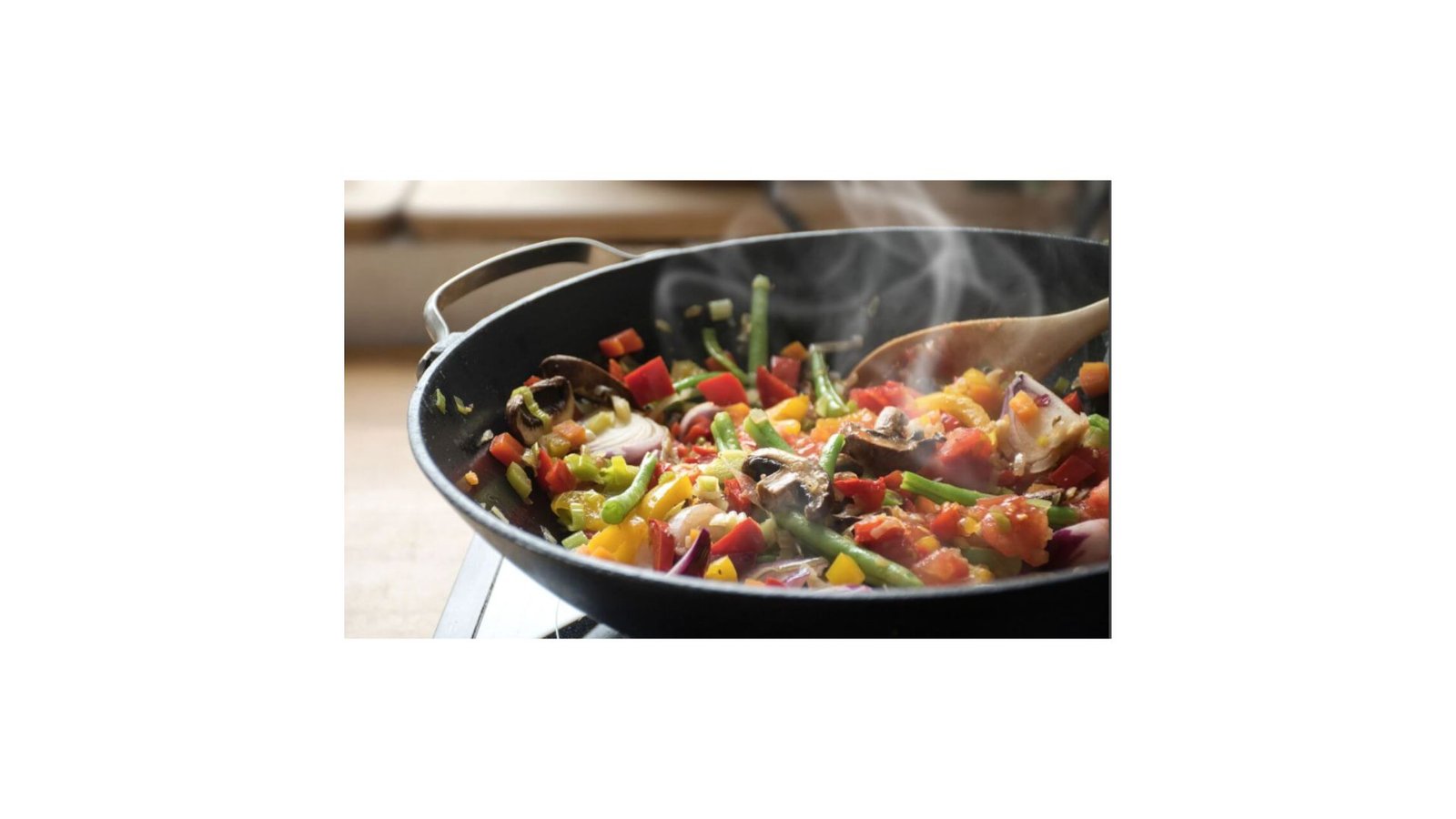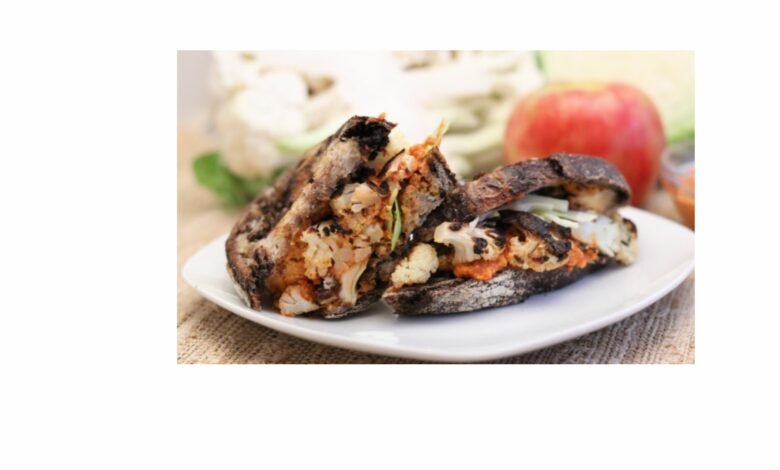|
Getting your Trinity Audio player ready...
|
Home-cooked cooking stands as a testament to tradition, creativity, and the sheer joy of crafting something delicious with our own hands. It’s more than just putting food on the table; it’s about nourishing both body and soul. In this article, we’ll explore the journey from scratch to satisfaction in the realm of homemade delights, uncovering its benefits, techniques, recipes, and cultural significance.

Benefits of Home-cooked Food
When we choose homemade over store-bought or processed meals, we’re not just making a culinary decision; we’re making a commitment to our health and well-being. Homemade food offers a plethora of benefits, from nutritional value to cost-effectiveness.
Nutritional Value Of Home-cooked Meals
By utilizing fresh, whole ingredients in our home-cooked meals, we’re providing our bodies with essential nutrients that support overall health. Unlike processed foods laden with additives and preservatives, homemade dishes are free from artificial ingredients, allowing us to fuel our bodies with wholesome goodness.
Cost-Effectiveness
In today’s fast-paced world, eating out or opting for pre-made meals may seem convenient, but it often comes with a hefty price tag. On the other hand, homemade cooking allows us to stretch our dollars further while still enjoying delicious and satisfying meals. With a bit of planning and creativity, homemade cooking proves that eating well doesn’t have to break the bank.
Customization and Control
One of the most significant advantages of homemade food is the ability to tailor recipes to suit our individual tastes and dietary needs. Whether we’re adjusting flavors, substituting ingredients, or accommodating food allergies, homemade cooking gives us full control over what goes into our meals. This customization empowers us to create dishes that not only satisfy our cravings but also support our health and wellness goals.
Essential Ingredients and Tools
Embarking on a homemade cooking journey requires the right tools and ingredients to set ourselves up for success. From selecting quality ingredients to stocking our kitchens with essential equipment, getting started on the right foot is key.
Quality Ingredients
The foundation of any homemade dish lies in the quality of its ingredients. When possible, opt for fresh, locally sourced produce, organic meats, and sustainable seafood. Not only do these ingredients impart superior flavor to our meals, but they also support local farmers and producers, contributing to a more sustainable food system.
Basic Kitchen Equipment
A well-equipped kitchen is essential for effective homemade cooking. Invest in basic tools such as sharp knives, cutting boards, pots, and pans to facilitate food preparation and cooking. While fancy gadgets can be tempting, it’s often the simple tools that prove most useful in the kitchen.
Tools for Home-cooked Cooking
In addition to basic kitchen equipment, consider investing in specialized tools that can enhance your home-cooked cooking experience. From stand mixers and food processors to immersion blenders and sous vide machines, these gadgets can streamline the cooking process and elevate the quality of your dishes.
Techniques for Success
Mastering essential cooking techniques is the cornerstone of homemade cooking. Whether you’re sautéing, roasting, grilling, or braising, honing your skills in the kitchen will unlock a world of culinary possibilities.
Preparation Tips
Proper food preparation is crucial for achieving optimal results in homemade cooking. Start by ensuring your ingredients are fresh and properly washed and trimmed. Additionally, take the time to season ingredients adequately and prep them according to the recipe instructions.
Home-cooked Cooking methods
Experimenting with various cooking methods adds depth and complexity to your homemade creations. Whether you’re sautéing, roasting, grilling, or braising, each technique brings its own unique flavor profile to the dish. Sautéing, for instance, involves cooking food quickly over high heat in a small amount of oil or butter, resulting in a caramelized exterior and tender interior. Roasting, on the other hand, entails cooking food in the oven at a high temperature, allowing it to develop rich flavors and crispy textures. Grilling imparts a smoky char to meats and vegetables, while braising involves slow-cooking ingredients in liquid until they become tender and succulent. By mastering these cooking methods, you’ll have the skills to create a diverse range of homemade dishes that are sure to impress your family and friends.
Flavor enhancement
Enhancing the flavor of your homemade dishes is a surefire way to elevate your culinary creations to new heights. Beyond simply seasoning with salt and pepper, there are various techniques you can employ to add depth and complexity to your flavors.
Toasting Spices
Toasting whole spices such as cumin, coriander, and mustard seeds in a dry pan before grinding releases their essential oils and intensifies their flavors. This simple step can transform the taste of your dishes, adding a depth of aroma and complexity.
Deglazing Pans
After cooking meat or vegetables in a pan, deglazing with a liquid such as wine, broth, or vinegar loosens the flavorful browned bits stuck to the bottom, creating a delicious base for sauces and gravies. The liquid not only adds depth of flavor but also helps to tenderize the ingredients.
Infusing Oils
Infusing oils with herbs, spices, or aromatics imparts their flavors into the oil, which can then be used to add a subtle yet distinct taste to your dishes. Simply heat the oil gently with your chosen ingredients, strain, and use as desired. Garlic-infused olive oil, for example, adds a fragrant note to pasta dishes and salads.
Marinating Meats
Marinating meats in a mixture of herbs, spices, acids, and oils not only adds flavor but also helps to tenderize tougher cuts of meat. Whether you’re grilling, roasting, or pan-searing, a well-executed marinade can take your homemade dishes to the next level.
Seasoning with Fresh Herbs
Fresh herbs bring brightness and freshness to your dishes, cutting through richness and adding layers of flavor. From basil and parsley to cilantro and mint, experiment with different herbs to find combinations that complement your ingredients.
Using Umami-Rich Ingredients: Umami, the fifth taste sensation, adds depth and savoriness to dishes. Incorporate ingredients such as soy sauce, fish sauce, Parmesan cheese, and mushrooms to enhance the umami profile of your home-coked creations.
By incorporating these flavor enhancement techniques into your cooking repertoire, you’ll be able to create homemade dishes that are bursting with deliciousness and sure to impress even the most discerning palates.
Conclusion
Home-cooked cooking is not just about nourishing our bodies; it’s about feeding our souls with the satisfaction of creating something truly special from scratch. From the careful selection of quality ingredients to the mastery of cooking techniques and flavor enhancement methods, homemade delights offer a wealth of benefits and endless possibilities. Whether you’re a seasoned chef or a novice in the kitchen, embracing the art of homemade cooking allows you to connect with food in a way that is both meaningful and fulfilling. So, next time you step into the kitchen, remember that the journey from scratch to satisfaction is not just about the end result—it’s about the joy of the cooking process itself. Embrace the creativity, savor the flavors, and relish in the satisfaction of creating homemade delights that nourish both body and soul.
You can find more here:
Exploring the Delicious World of Food Network Recipes







